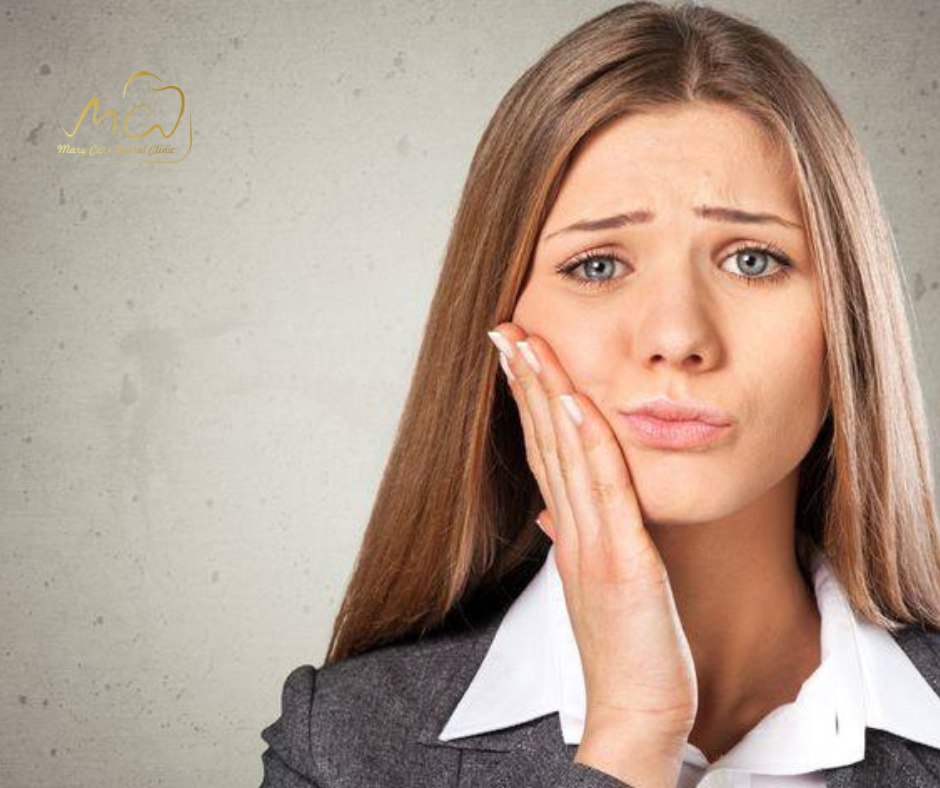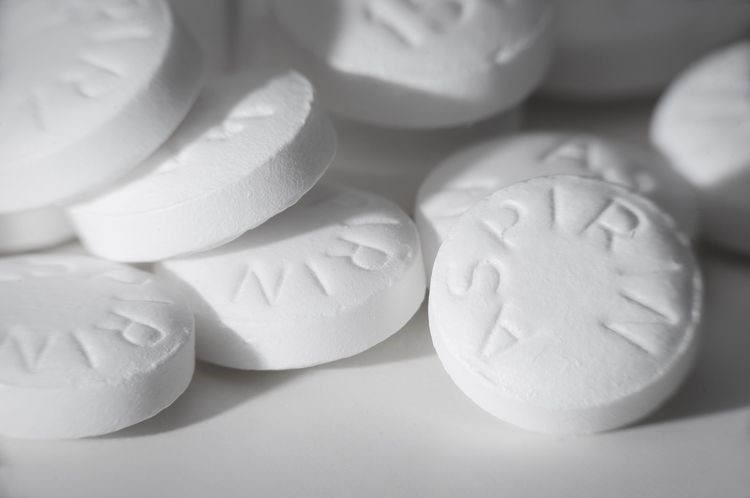
What is a toothache and what types of toothaches it is.
Toothache occurs at the most inopportune moment and can cause considerable discomfort and impair the quality of life. Toothache is divided into different types: aching, sharp, rasping, throbbing, and growing.
Whining pain. A nagging toothache can be caused by chronic pulpitis or periodontitis.
Acute pain. The main cause of acute pain is a purulent exudate.
*Pus exudate (lat. exsudo purulentum), or pus, is macroscopically a cloudy, viscous liquid with a greenish tint. It contains a large number of polymorphonuclear leukocytes, predominantly collapsed (purulent cells), albumin, globulin, fibrin filaments, enzymes, and products of tissue proteolysis
Pulsating toothache. Signals caries, periodontitis, or pulpitis.
*Pulpitis is an inflammation of the soft tissues of the tooth, which develops due to the penetration of pathogenic microflora from the cavity into the pulp. Periodontitis is inflammation of the tissues around the tooth root, leading to destruction of the bone tissue around the tip of the tooth. The periodontium fixes the tooth element to the jawbone.
Spreading toothache. Indicates the presence of purulent pulpitis.
*Purulent pulpitis is a type of acute form of the disease, which is accompanied by inflammatory processes with purulent formation inside the pulp or on its surface.
Increasing toothache. Appears with periodontitis. Such pain is very severe, in a neglected case there may be a large swelling and asymmetry of the face, headache and increased body temperature.
Causes of toothache.
The main cause of toothache is the presence of a pathological process of the dentoalveolar system. These diseases can affect the entire body, so it is very important to visit doctors in time so as not to aggravate the condition.
Pathological processes of the dentoalveolar system include:
-
- Caries.
- Pulpitis.
- Periodontitis.
- Periodontitis.
- Pericoronitis.
- Teeth abrasion.
- Gingivitis.
Methods of elimination of toothache at home. Non-conventional and medicinal methods of treatment.
There are many folk methods of getting rid of toothache. However, you must distinguish which methods are effective and which ones can be harmful to your health. Now we will tell you a little bit about it.
Non-conventional methods of treatment include:
Rinsing the mouth with special solutions:
- 250 ml of water to one teaspoon of salt, half a teaspoon of baking soda and 1-2 drops of iodine
- 250 ml of water for 15 grams of salt, 15 grams of soda.
- Decoction of herbs of chamomile, horsetail, sage, oak bark.
After mouthwashing it is recommended not to eat for half an hour or rinse after eating, which will neutralize the acidic environment.
- You can do acupressure of "tooth" points, which are located between the thumb and index finger, under the earlobes.
- Applying compresses. For compresses it is recommended to use cotton disks that are soaked in strong mint tea or water with clove essential oil.
There are also unconventional methods of treatment that can harm and aggravate the condition. It is not recommended to self-medicate and at the first discomfort go to the doctor.
Medicinal methods of treating toothache.
In order to eliminate pain for a short time before the visit to the dentist, you can medically relieve the symptoms (pain, inflammation).
One of the basic and inexpensive remedies for toothache is the latest generation Analgin. THIS IS NOT THE WAY TO DO IT! It should be understood that you should not put the tablet on a sore tooth, because the contents of the drug has an acidic
The contents of the drug have an acidic structure and corrode the enamel. Take one tablet with plenty of water every four hours. If the pain gets worse, you can take two tablets each.

Ketanov is a non-steroidal anti-inflammatory drug that can be used to relieve body temperature and inflammation in the affected area. Ketanov is recommended to be taken at intervals of 4 hours. You should also note that the dosage of the drug should not exceed forty milligrams. The duration of intake is 5 days. The drug is contraindicated during pregnancy and lactation, with bronchial asthma, cardiovascular dystonia, liver and kidney diseases.
Aspirin helps with minor toothache, it has an anti-inflammatory effect, helps with acute pain and lowers the body temperature. It is also very important to understand that aspirin is not to be taken after a tooth extraction.
If the pain is too severe and causes a person unbearable agony, it is necessary to immediately go to the clinic. Dentists accept such patients without waiting in line and without an appointment.




